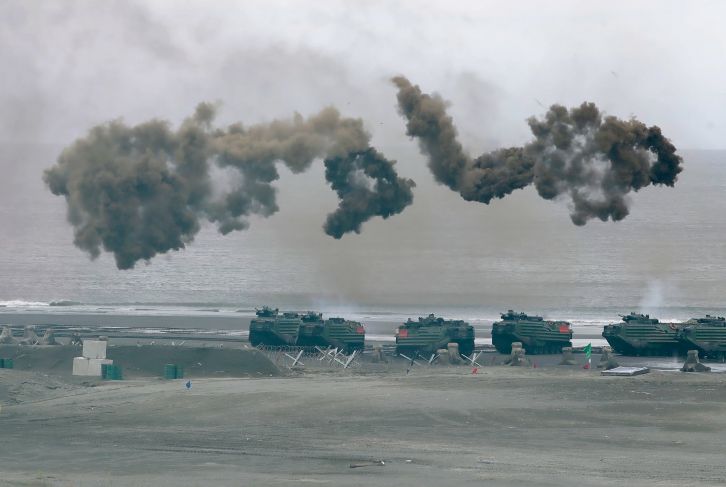World War III, a term that sends shivers down the spine of many, is a hypothetical scenario that has been the subject of countless debates and discussions. While the world has witnessed two devastating global conflicts in the past, the possibility of a third world war remains a topic of concern. This article aims to explore the potential causes, actors, and consequences of such a conflict, emphasizing the importance of global cooperation and diplomacy in preventing such a potentially catastrophic event.
The causes of a third World War might include failing economies, territorial disputes, ideological conflicts, resource scarcity, the impact of immigration on established cultures and external political interference by way of technology. Potential actors could include major global powers such as the United States, China, Russia, and regional powers like India, Pakistan, and North Korea. The involvement of non-state actors, such as terrorist organizations, could further complicate the situation.
Geographically, one potential hotspot might arise in the South China Sea, where tensions have been rising due to territorial claims and the desire for control over vital trade routes. Another potential flashpoint could be the Korean Peninsula, where the unpredictable actions of North Korea have raised concerns among neighboring countries and the international community.
In his opening speech to the United Nations General Assembly on September 19th Secretary General Antonio Guterres told assembled leaders that “our world is becoming unhinged, geopolitical tensions are rising, global challenges are mounting, and we seem incapable of coming together to respond”.
Given the nuclear capability of many nations, the consequences of a third world war would be catastrophic, surpassing the devastation witnessed in previous conflicts. The use of nuclear weapons, advanced military technology, and cyber warfare could lead to unimaginable disruption, destruction, and loss of life. The global economy would collapse, leading to widespread poverty, famine, and displacement of populations. Environmental damage caused by the war would exacerbate existing climate change issues, further threatening the survival of the planet.
The impact on human lives would be immeasurable, the psychological trauma inflicted on survivors would be long-lasting and they would endure immeasurable hardship and likely a breakdown of civilized order.
To prevent his from happening, global leaders must prioritize diplomacy, dialogue, and cooperation. As Guterres told leaders in New York, a multipolar world needs strong and effective institutions. The United Nations and Bretton Woods institutions reflect the political realities of 1945 and fall short of addressing those of today. Strengthening international institutions such as the United Nations and promoting multilateralism is crucial in resolving conflicts peacefully. Engaging in open and honest dialogue, even with adversaries, can help build trust and find common ground.
Investing in conflict resolution mechanisms, such as mediation and negotiation, is essential to prevent minor disputes from escalating into full-scale wars. Encouraging disarmament and non-proliferation efforts, particularly regarding nuclear weapons, is vital to reducing the risk of a catastrophic conflict.
Furthermore, addressing the root causes of conflicts, such as poverty, inequality, and resource scarcity, can help mitigate tensions and prevent the rise of extremist ideologies. Promoting education, economic development, fair trade, and social justice can foster stability and peace.
The problem is that no international institutions have the power or credibility to manage the dialogue required to return to some level of global stability. Diplomacy has done nothing to mitigate Russian expansionism, Chinese ambitions in southeast Asia, or Western ambitions to turn the world into a community of liberal democracies. There is no negotiating with the likes of Vladimir Putin, whose commitment to signed agreements and treaties is nil.
Can the United Nations Security Council be reformed while five states have the power of the veto? While one member of the Security Council is currently involved in an invasion of another member state, and threatening others with a similar fate?
The state of the globe is fragile and getting more unstable. Let us hope that somewhere some leaders are learning from history and will make it their mission to avoid the slippery slope that could lead to a global calamity. World War I began with a series of accidents that led to global conflict.
I am afraid that we are on a similar course but with a far greater capacity to annihilate ourselves.
Keep reading: The Happiness Index
Edition: Estefanía Cardeña
Arranca el Clásico Mundial, en Tokio; Walker, bien ante Arizona
La Jornada Maya
La FGR y la SCJN tiene cuentas pendientes para resarcir el daño de los regímenes pasados
Andrés Silva Piotrowsky
